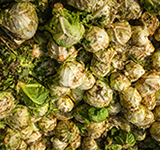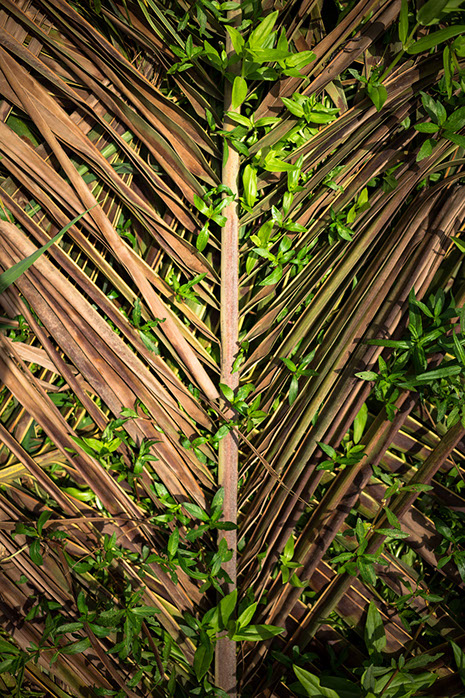
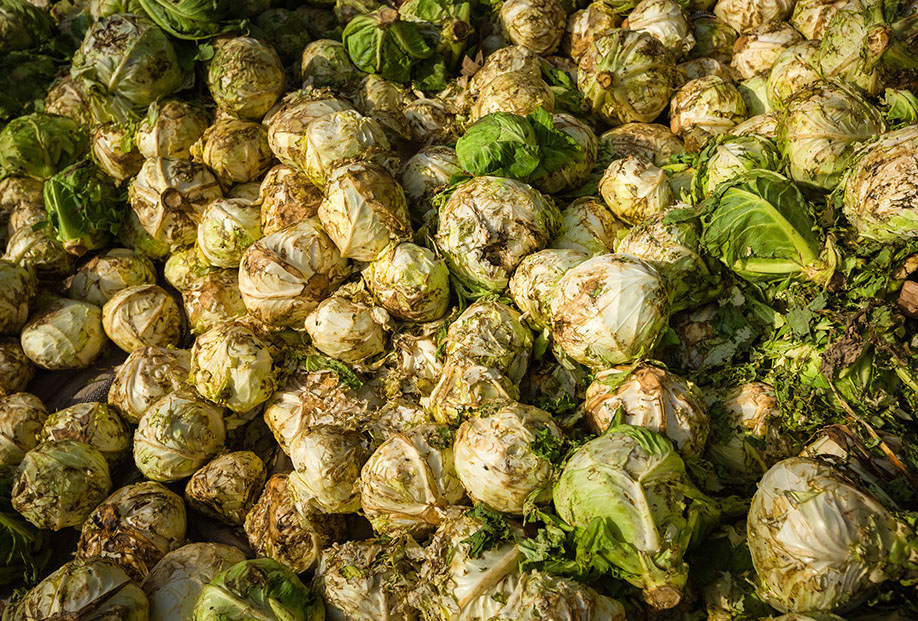

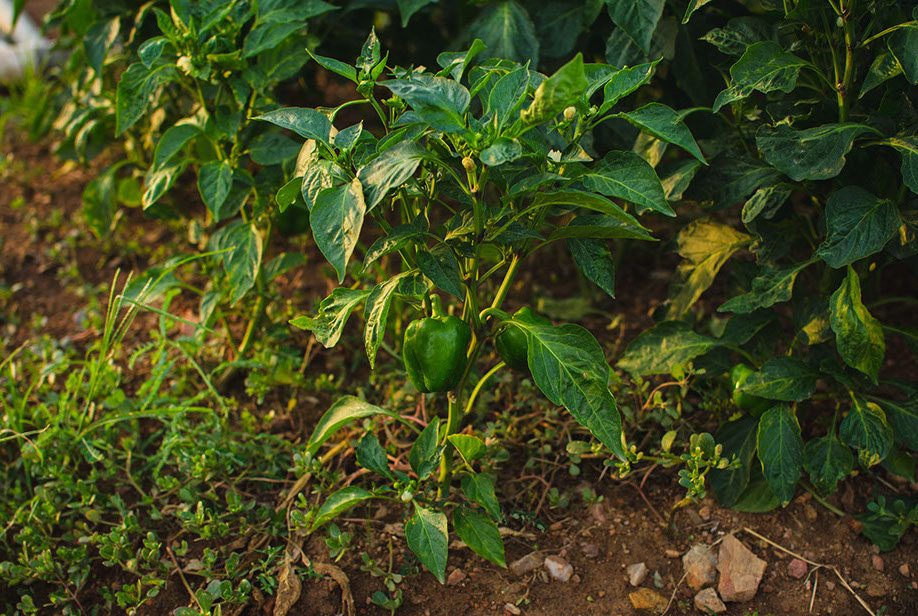
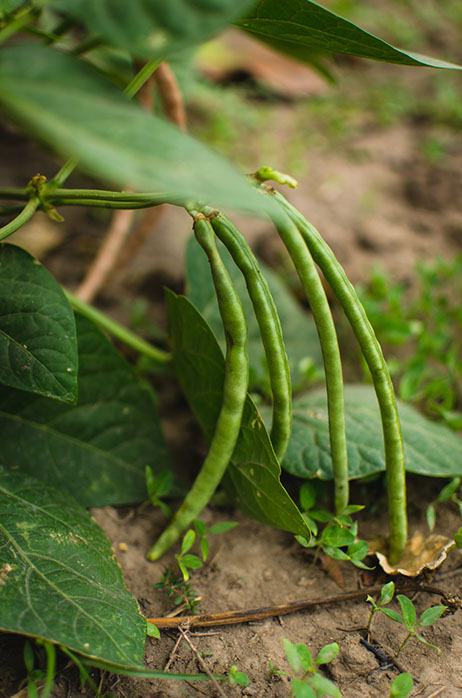
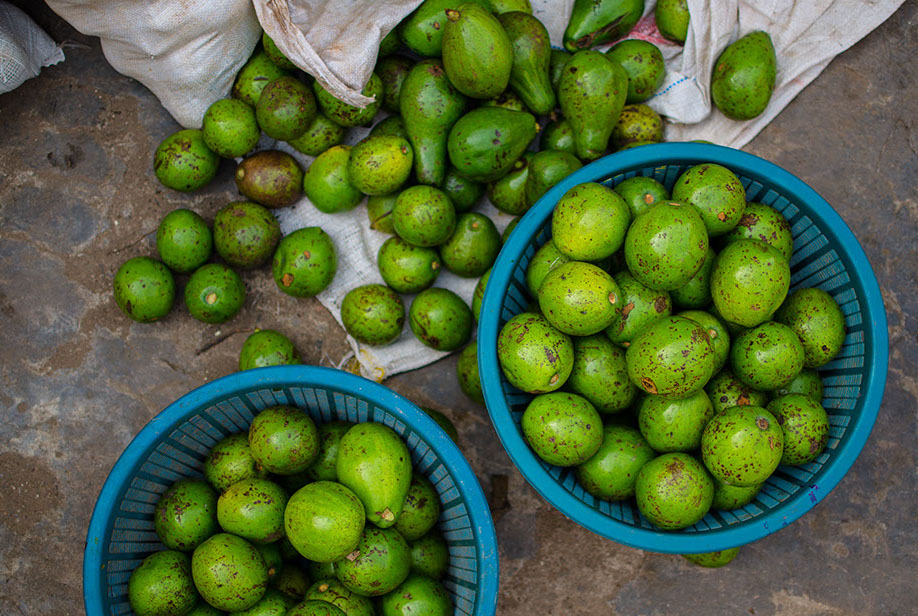

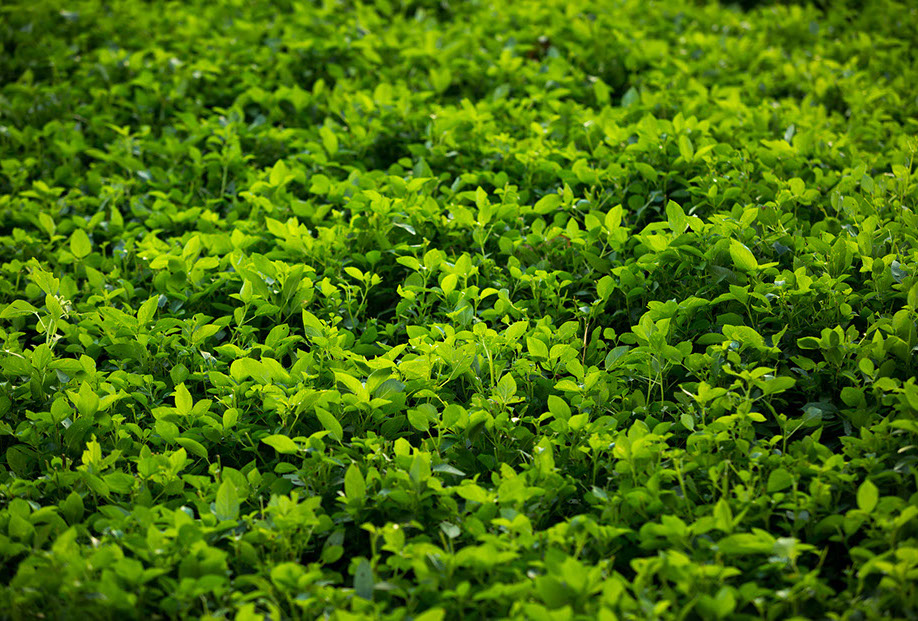
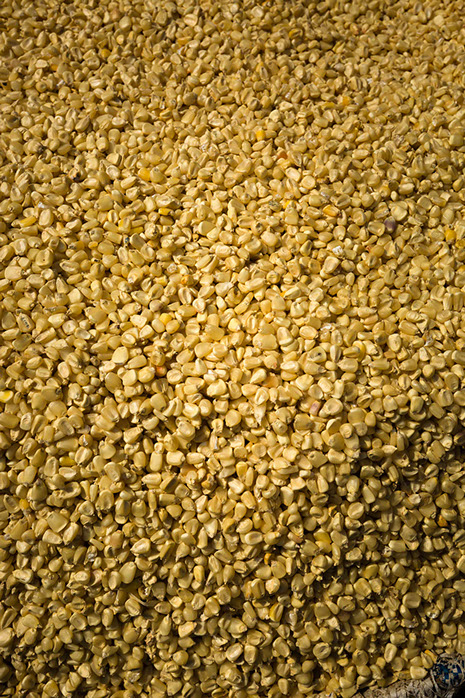
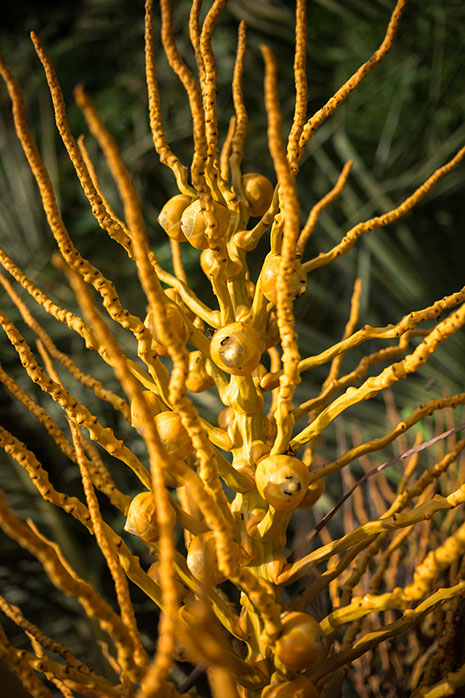
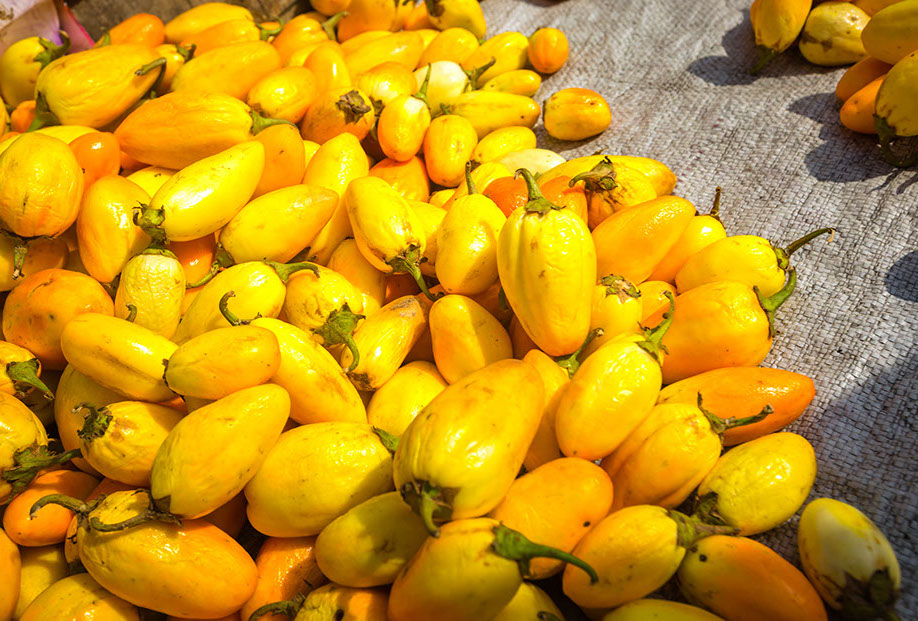
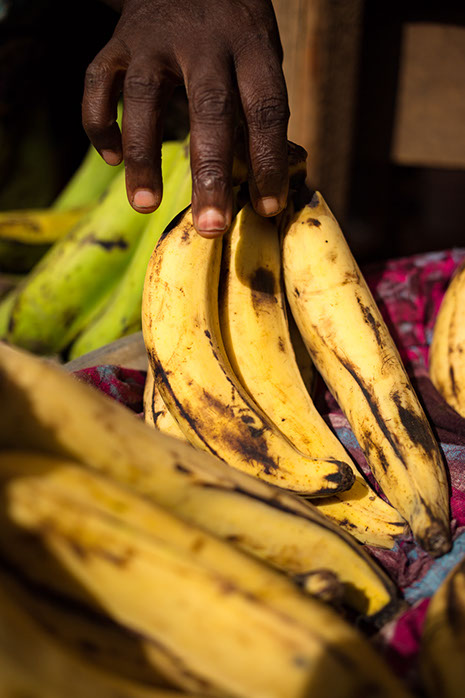
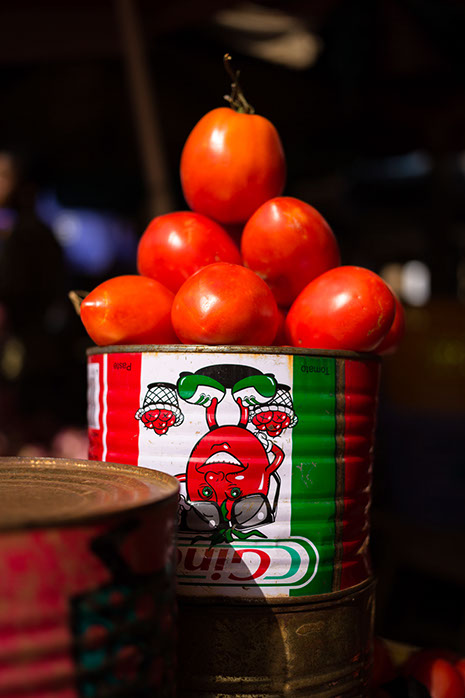

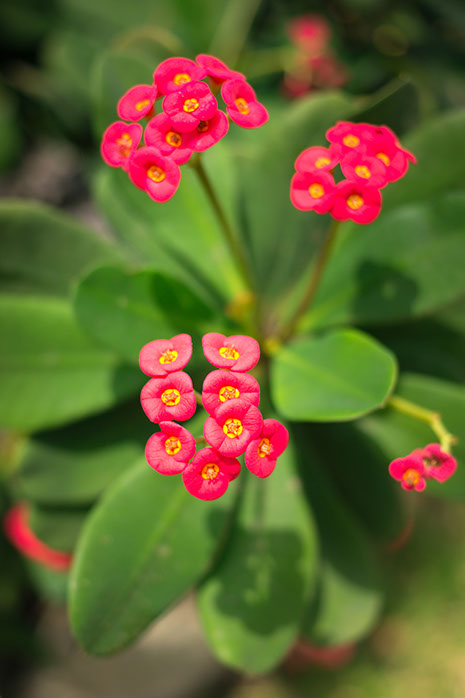
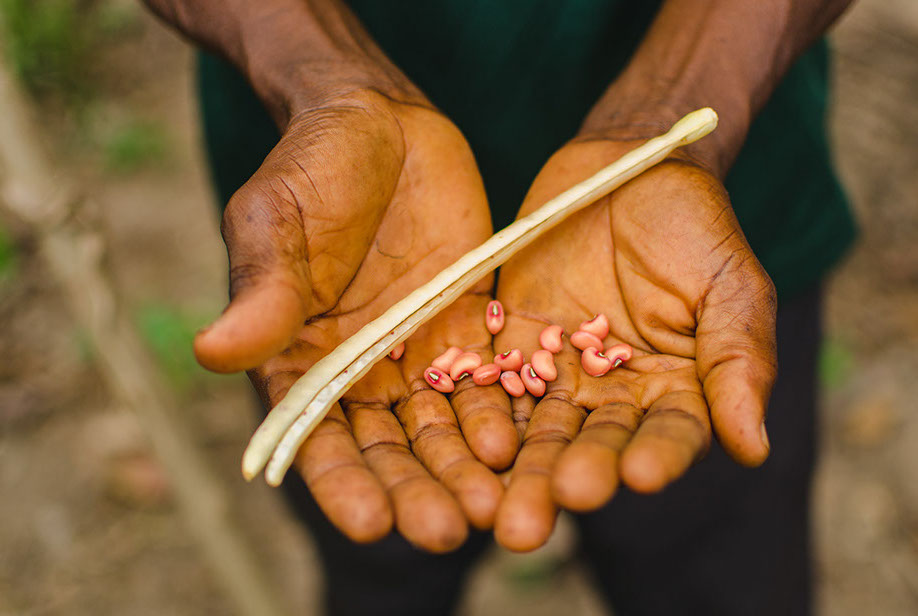
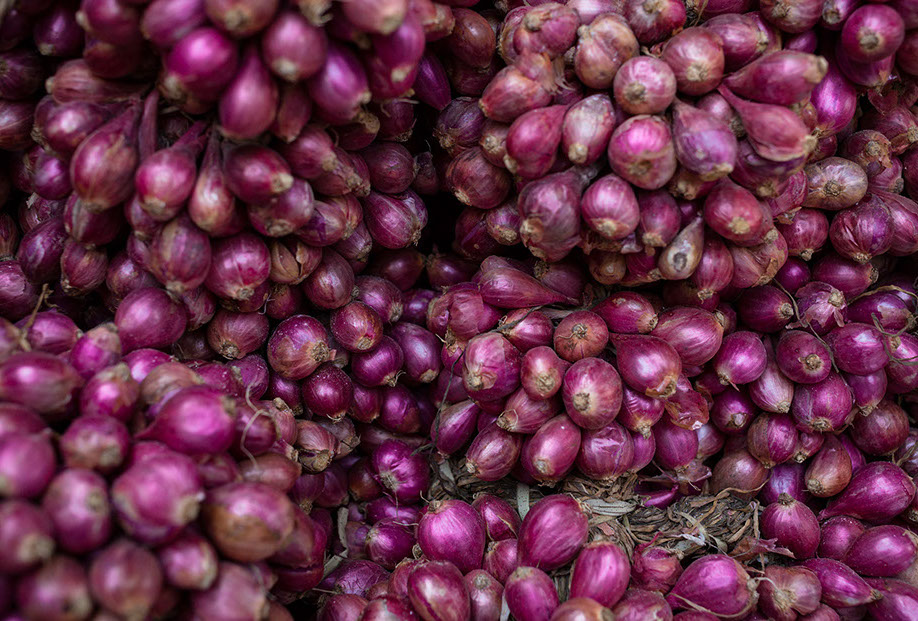

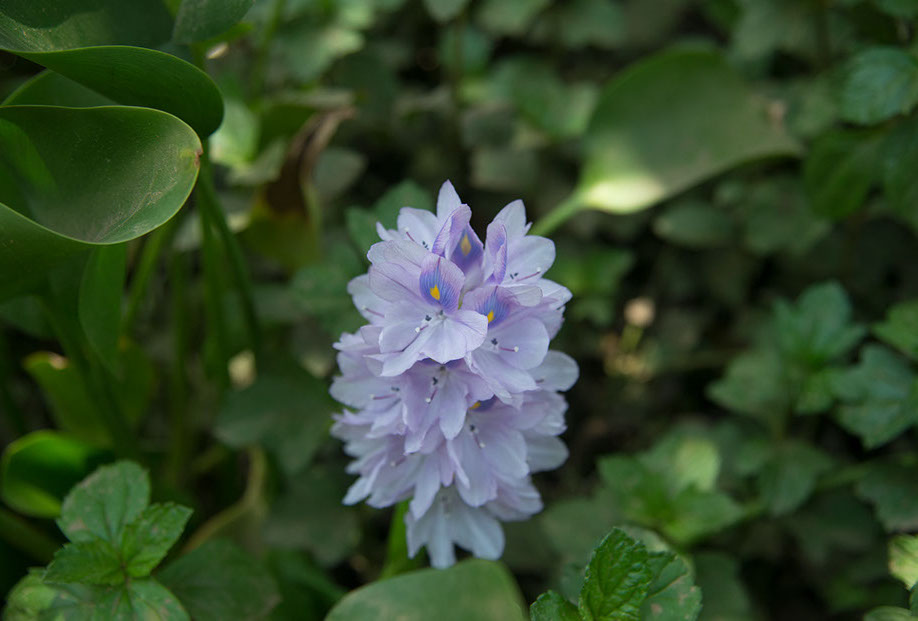
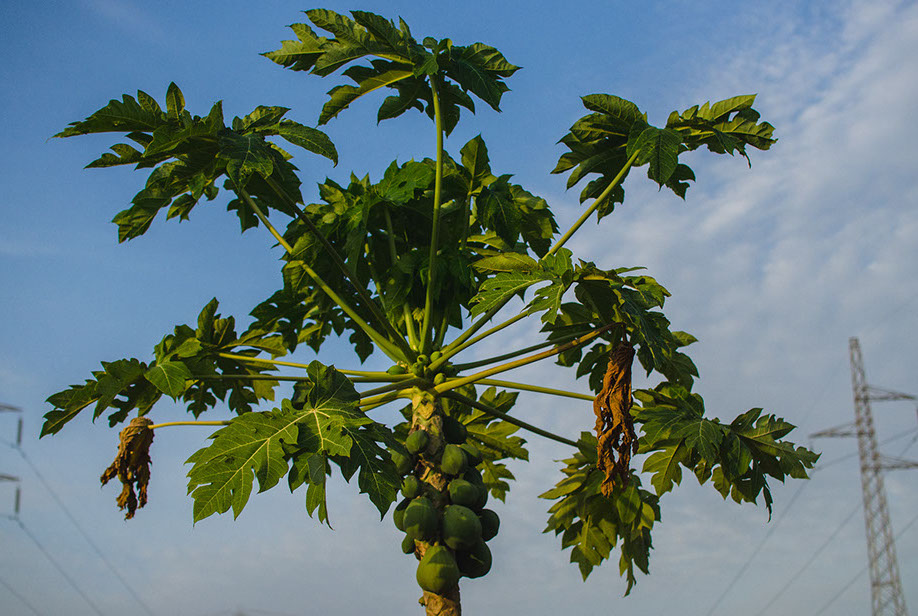
<
>
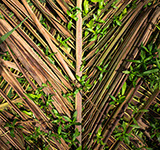
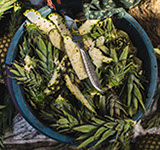
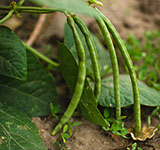

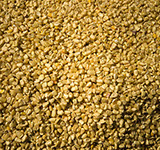
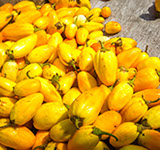
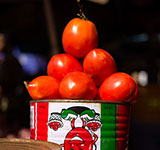
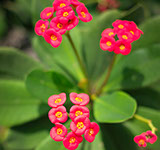
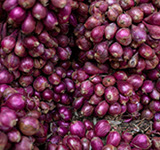
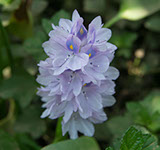
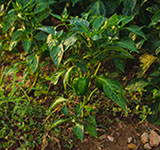
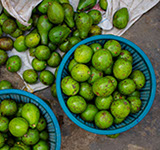
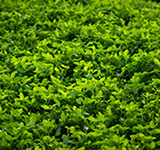
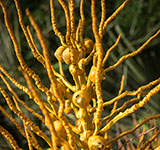
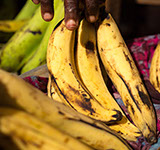

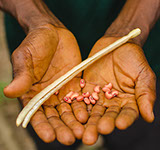

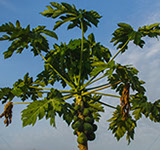


Composting for soil cultivation is not a new technique. It isn’t flashy or
cutting-edge. Composting is a process that farmers have been utilizing since the early days of agrarian society, but one that has faded in prominence. Various decaying organic substances mixed with soil help comprise compost, as bacteria and other organisms naturally breakdown the material and help create a nutrient-rich humus. Composting was first utilized as a tool of efficiency, as it allows farmers to repurpose waste items as means of producing next season’s harvest. Today, composting holds the potential to solve an array of unique problems facing Ghana.
When The New York Times runs a story declaring Ghana as the world’s fastest growing economy, people start thinking about money and when people start thinking about money problems start. But sometimes, those thoughts lend themselves to action that can help a nation address longstanding issues of concern. Those concerns being an amalgamation of problems stemming from decreasing soil fertility in Ghana. Over years of fertilizer subsidies offered to farmers by the Ghanaian National Government, the soil quality in Ghana has deteriorated due to the excessive chemicals that weaken the soil and runoff with rainwater. In order to strengthen the soil, chemical fertilizers can not continue to be utilized in mass quantities.
So what’s the answer?
A return to the old ways of agriculture through compost utilization.
Easier said than done. Composting faces significant obstacles from being embraced as a mainstream farming technique. Most adaptive behaviors are adopted out of absolute necessity, so it isn’t surprising that Ghanaian farmers are dismissive of composting techniques when they see results from their current practice of relying on chemical fertilizers. This complacency is incredibly dangerous because of the environmental implications of fertilizer use, as nitrates and phosphates not only destroy soil integrity over time but can also pose a threat to the health of wildlife as well as humans. Water quality is affected. The hurdle becomes communicating the dangers of an issue that takes years to illustrate first-hand, so communications promoting composting must answer advertising’s age old question of: “Why should I care?”
In speaking with farmers, market vendors, consumers, and stakeholders in Ghana about composting, we found that a dialogue concerning produce quality was already at the forefront of national debate. People have noticed that the quality of produce in Ghana has gone down tremendously, as produce spoils and rots faster today than ever before. In addition, people are beginning to associate food grown with chemical fertilizer as unhealthy. These perceptions all help strengthen the case for compost, as produce quality is a tangible point of reference that transcends all of the groups we spoke with. Regardless of awareness on compost, people understand the difference between good healthy produce and lesser quality produce.
This tension is the launch point for our campaign, as we look to communicate the larger benefits of compost utilization by focusing on change people can actually see when they go to the markets to purchase their food.
Composting provides for Ghana in a way that is reminiscent of agrarian practices of past, as this adaptive behavior now looks to address issues beyond farming. As Ghana’s economy continues to grow, new industries are developing and waste management is one of the fastest growing. Ghana has struggled with waste management for years, as coastal dumping and landfills pose significant threats to the environment, but also present an opportunity for waste collection companies to repurpose organic waste in compost production. Composting can also be adopted by smaller farmers, as they repurpose produce that can not make it to the markets due to transportation limitations, as compost for next season’s harvest. In this way, smaller farmers are saving money by repurposing what was thought of waste and in doing so saving on the cost of purchasing fertilizer.
In order to solve any problem, you have to understand why it exists. As Ghana continues to grow economically, a host of problems that have rested on the surface-level of society begin to show flashes as legitimate concerns. The attention and communication of the benefits of compost utilization is of paramount importance, as Ghana looks to adapt to environmental concerns while also pursuing a stronger national infrastructure.
photographs by Justin Hartney, Ryan Lund, Ammas Tanveer, & Tim Vandehey
See how we are continuing our interest in compost
